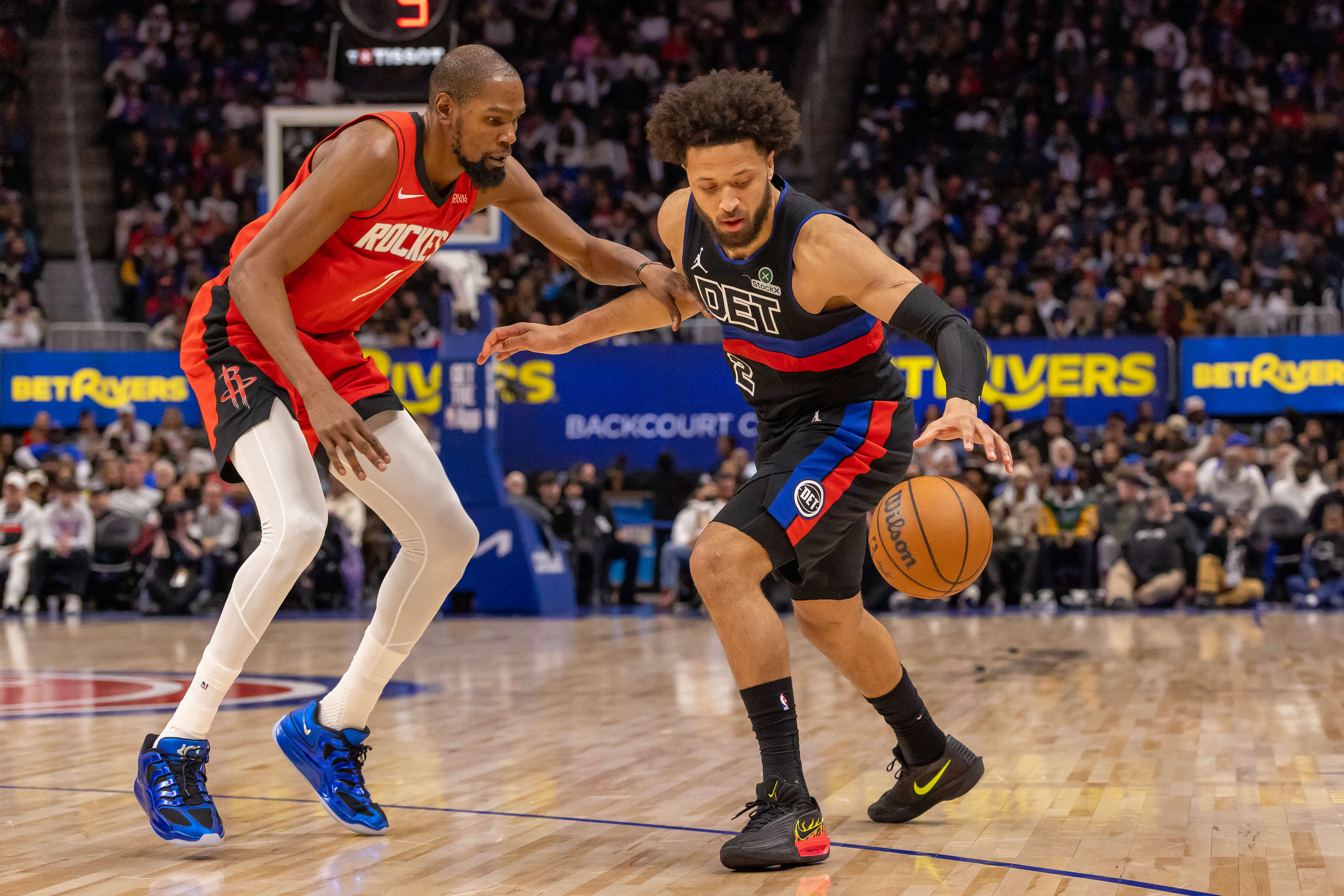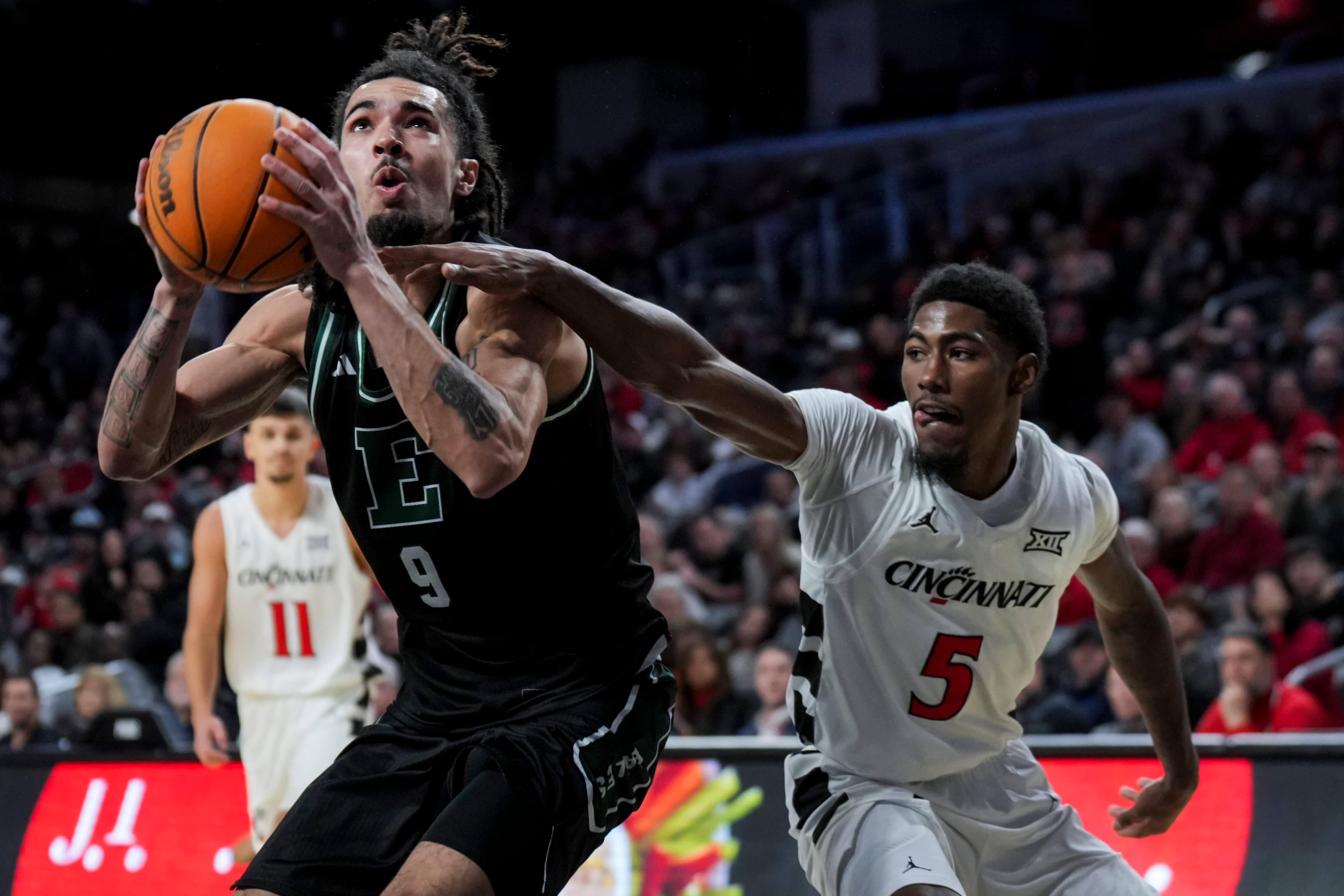Michigan gaming regulators have put Bovada on notice, sending the offshore gaming operator a “cease and desist” letter and demanding it no longer take wagers from state residents.
On Wednesday, the Michigan Gaming Control Board accused the Curaçao-based company of violating three state laws: the Lawful Internet Gaming Act, the Michigan Gaming Control and Revenue Act and the Michigan Penal Code. The notice gives Bovada 14 days to block access. If it fails, the MGCB – which oversees legal, regulated Michigan gambling – will seek a legal remedy.
“The proliferation of online gaming platforms has led to increased scrutiny from regulatory bodies worldwide, and this action serves as a stern warning to overseas companies that flouting local regulations will not be tolerated,” MGCB Executive Director Henry Williams said. “The MGCB remains steadfast in its commitment to upholding Michigan’s laws and regulations and will continue to actively monitor and enforce compliance within the state to ensure a fair and secure gaming environment for all.”
If Bovada abides by the letter from the MGCB, the Great Lakes State – which offers legal Michigan sportsbook apps – would become the sixth market where its online sports betting and casino sites are no longer accessible. It is already blocked in Delaware, Maryland, Nevada, New Jersey and New York.
Michigan Lauded For Action
There are now 38 states that have made sports betting legal, with Michigan and many others doing so after the U.S. Supreme Court overturned the Professional and Amateur Sports Protection Act (PASPA) six years ago. Online sports betting is available in 30 states. That includes Michigan, where apps have been available since January 2021.
Michigan is also one of seven states that allows online casinos, also known as iGaming. Michigan online casinos went live in the state at the same time Michigan sports betting apps launched.
Since the proliferation of legal online gambling, licensed operators have said offshore operators, such as Bovada, still pose a threat because they do not have to abide by the same regulations as approved operators. Offshore sites might also offer better odds since they do not pay license fees or taxes to states. However, those offshore operators they also do not offer protections to consumers – such as those aimed at curbing problem gambling and ensuring timely payouts to winning bettors – that are required by state regulations.
Fanatics Betting and Gaming Vice President of Government Affairs Brandt Iden, a former Michigan lawmaker, thanked Williams and the MGCB on social media for their actions on behalf of companies that offer legal Michigan casino bonuses to customers.
Michigan state government “is a leader in the online gaming industry & today showcases that leadership,” he posted on social media site X (formerly known as Twitter).
American Gaming Association President and CEO Bill Miller also praised state officials for their “leadership against bad actors” and hoped regulators in other states would join them.
“The Michigan Gaming Control Board’s decisive action highlights that states have the power to protect their residents from predatory, offshore gambling sites and is another important step in winning the battle against the illegal market,” Miller wrote.
A New Target For Regulators?
Michigan’s missive to Bovada comes on the heels of several states across the country giving similar notices to daily fantasy sports operators that have offered single-player pick ’em fantasy contests. Regulators have contended that those contests are really sports betting parlays. Last year, the MGCB approved new rules banning such games, and licensed fantasy operators took steps to abide by those guidelines.
Elsewhere, fantasy operators have also agreed to abide by “cease and desist” letters sent by gaming or legal authorities.
The board’s letter also comes at a time when more states have considered increasing the tax rates levied on licensed sports betting operators.
That has not happened in Michigan, but lawmakers in Illinois just approved a progressive tax that requires operators to pay between 20% and 40% based on the revenue generated. New Jersey lawmakers are considering raising the iGaming and sports betting taxes to 30%, up from the 15% online casinos and 13% sports betting operators currently pay. Ohio doubled its rate to 20% last year, six months after sports betting launched there.
Licensed operators have complained that the tax hikes will only make offshore operators and illegal sportsbooks more attractive. Such increases could affect the odds offered to bettors, but licensed operators might not protest as much if states follow through with legal action against the likes of Bovada.
BetMichigan.com offers Michigan sportsbook promos only from legal, regulated operators in the state.
USA Today photo by Ryan Garza






